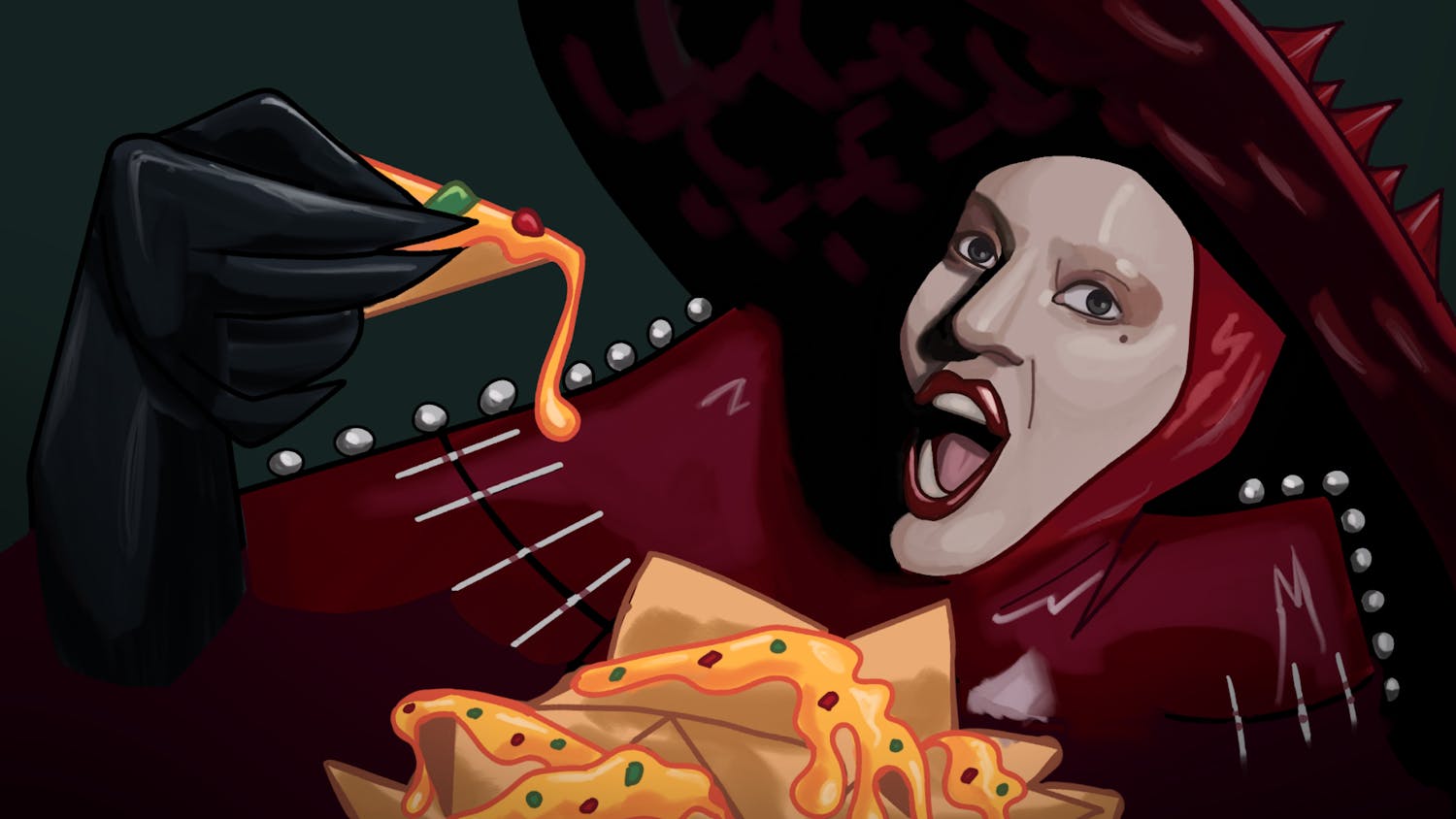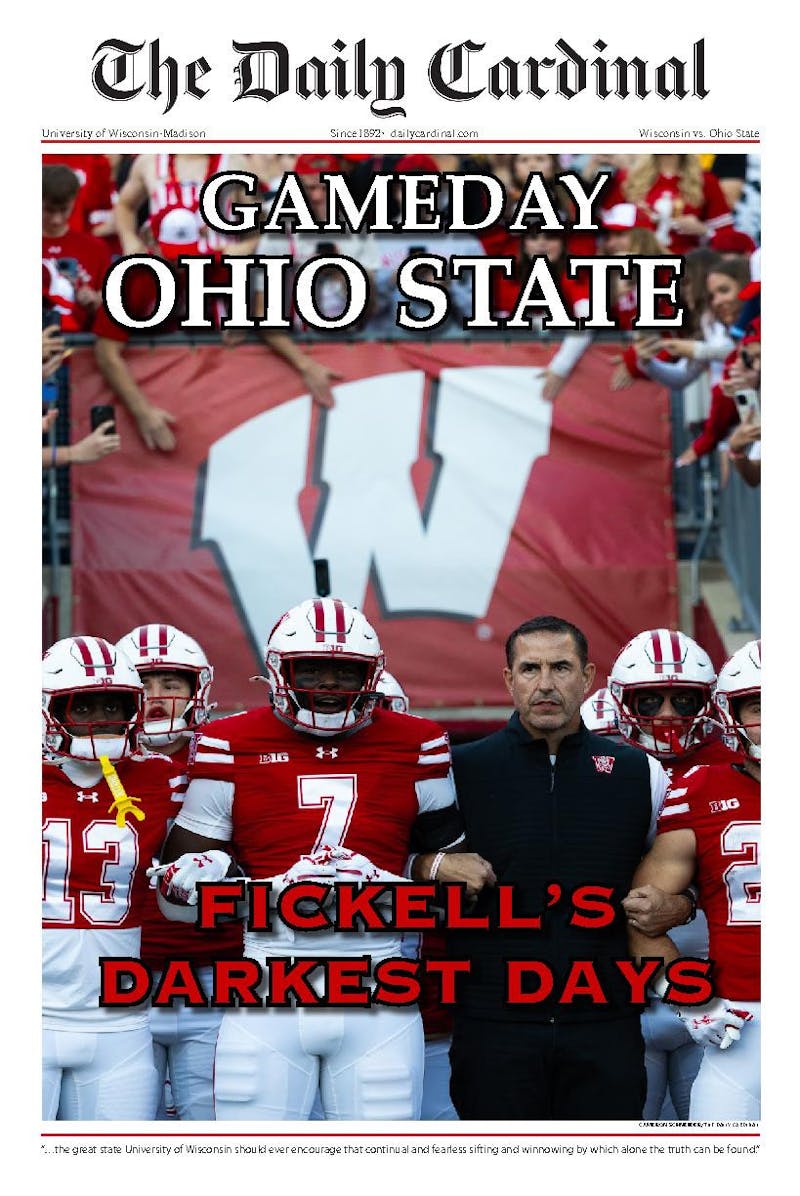Last week, the Allman Brothers Band ended their career as a band on a high note, playing three sets at their second home, the Beacon Theatre on the Upper West Side of Manhattan, a venue they’ve played more than 230 times over the course of their 45-year career.
The Allman Brothers are one of the seminal jam bands, who along with the Grateful Dead, pioneered a sound that took basic blues principles, stretched them out and paved the way for thousands of bands to follow in their footsteps—from Widespread Panic to The String Cheese Incident and so many more.
The first time I saw the Allmans during their 40th anniversary run, I was just 14-years-old, dipping my toe into the proverbial jam band water for the first time. Attending the show with my parents, I found myself amazed at the guitar mastery of their twin guitarists, Warren Haynes and Derek Trucks, while also finding myself occasionally bored.
The band’s 40th anniversary saw a wide variety of guests sit in with them including Trey Anastasio and Page McConnell of Phish, a band I had yet to fully discover, to Eric Clapton, who at the time was my biggest guitar hero, an instrument I had picked up barely more than a year earlier.
Unfortunately for me, going on a Tuesday night thanks to the scarce availability of tickets for prime nights, neither Anastasio nor Clapton showed up. Instead, I got a full complement of guests (Susan Tedeschi—guitarist Derek Trucks’ wife—John Hammond and both Bonnie and Bekka Bramlett); however, none of them had quite the same appeal to me as a Clapton.
The show featured many of the down-tempo Allman Brothers songs I’ve learned to love, but as of then had a scant appreciation for.
Making matters worse for an as-of-yet initiated jam band fan, closing with a nearly half-hour rendition of “Jessica,” replete with a drum-and-bass solo, was not really the way to my 14-year-old heart.
But that was the thing about the Allman Brothers in the aughts, you might catch an off-night—particularly on weekdays—but on weekends, you got a chance to see seven professional musicians do what they do best—play their hearts out.
I say professional musicians because, as of 2014, the band looks quite a bit different than when they started on March 26, 1969.
Lead singer and organist Gregg Allman was still in the band. As were both drummers, Butch Trucks and Jai Johanny “Jaimoe” Johanson. But of the six original members, those are the only three left, with guitarist Duane Allman and bassist Berry Oakley both dying of motorcycle accidents just blocks away from each other one year apart.
Fellow guitarist Dickey Betts was unceremoniously kicked out of the band in 2000, reportedly via a fax, after his alcoholism and drug abuse became too much for the rest of the band to handle. This is quite the accomplishment as the Allman Brothers are not Rush when it comes to partying, with each member going through their own forms of addiction in some manner shape or form.
Replacing those three members has seen a revolving door of guitarists, bassists and extra musicians throughout the years.
Chuck Leavell was a mainstay of the earlier iterations of the rebuilt band, after they decided that replacing Duane Allman was an impossible task, Leavell was brought in to lend a hand on an extra set of keys.
Allen Woody, bassist for Gov’t Mule, played bass for the Allmans for a couple of years alongside future Mule band-mate Warren Haynes while Jimmy Herring filled in as the second guitar player after Betts’ departure from the band.
But the last lineup of the band was one of the strongest in years. With the polyrhythms generated from the two drummers plus percussionist Marc Quiñones, bassist Oteil Burbridge laid the foundation for Derek Trucks and Warren Haynes to display their guitar fireworks, while Allman provided the soul with his raspy vocals and choppy organ lines.
The Allman Brothers may have done nothing too crazy musically—most of their songs fall under the 12-bar blues umbrella, with their jams staying in form by and large—but still they established themselves as one of the greatest jam bands of all time.
Every year, a mainstay of my concert calendar was one or two shows at their annual Beacon run, something that will be sorely missed in the years to come. While they weren’t creating new music, nor were they touring outside of these dozen or so annual shows, The Allmans still managed to be one of the tightest live bands on a good night around.
Derek Trucks will go back to focusing on the Tedeschi Trucks Band, who are phenomenal and will no doubt continue to improve as Trucks focuses his time solely on them. Warren will go back to Gov’t Mule full-time, something he already does as he is arguably the hardest-working man in the music industry, playing hundreds of shows a year with a variety of artists.
Though one can see all of the pieces of the Allmans, including Gregg and his solo band and Betts and his band, the Allman Brothers’ final performance marked a sad day for the thousands that descended upon the Beacon each year to see the band for the first, tenth or hundredth time.





